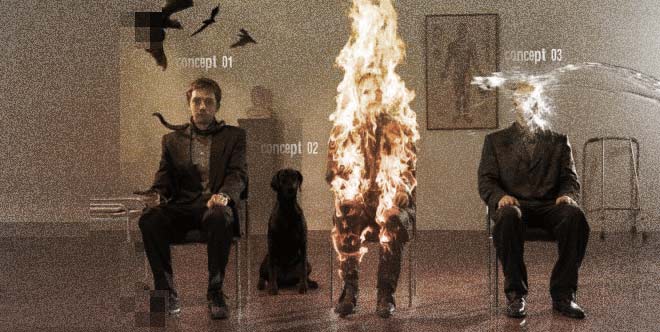Without a doubt the most provocative words I’ve come across this week were written—not last week, or even last year—but 18 years ago, by the late Carmen Hermosillo.
Incidentally the notable 2nd-place spot for astonishing words read (among the non-fiction variety) go out to Walter Isaacson and his enthralling biography of the late Steve Jobs: chapter 1, page 5, in which Steve Jobs affectionately refers to his biological parents as “my sperm and egg bank”.
Background
Carmen Hermosillo was a cyberspace theorist, blogger, and early adopter of digital technologies during the pioneering days of the Web back in the early 1990’s. She taught trans-disciplinary humanities and worked as an industrial Web Analyst, Content Manager, and also co-wrote and collaborated on numerous papers appearing in Wired and Leonardo.
Hermosillo was originally a big proponent of the Web. However, in 1994 she wrote an essay that caused an uproar, entitled Pandora’s Vox: On Community in Cyberspace. In it she audaciously broke from the prevailing cyber-utopianism of the day by painting a critical view of computer and information networks. Hermosillo suggested these emerging digital systems, coupled with the rapid commercialization of the Web, were ushering in an era of uneven power distribution and centralized control. The consequences for human interaction and personal expression were, as Hermosillo put it, dire.
Here are several rather salient excerpts:
It is fashionable to suggest that cyberspace is some kind of _island of the blessed_ where people are free to indulge and express their Individuality.
This is not true.
I have seen many people spill out their emotions, their guts on-line, and I did so myself until, at last, I began to see that I had commodified myself. Commodification means that you turn something into a product which has a money-value.
In the nineteenth century, commodities were made in factories by workers who were mostly exploited. I created my interior thoughts as a means of production for the corporation that owned the board I was posting to [e.g. Compuserve, AOL], and that commodity was being sold to other commodity/consumer entities as entertainment. That means that I sold my soul like a tennis shoe and I derived no profit from the sale of my soul. People who post frequently on boards appear to know that they are factory equipment and tennis shoes, and sometimes trade sends [text messages] and email about how their contributions are not appreciated by management.
Cyberspace is a black hole; it absorbs energy and personality and then re-presents it as spectacle.
Many cyber-communities are businesses that rely upon the commodification of human interaction.
These thoughts are intriguing, but also agonizingly negative.
Why did Hermosillo, initially a proponent of the Web, become so disenchanted with cyberspace?
These and other compelling questions are raised in Adam Curtis‘ BBC documentary series All Watched Over by Machines of Loving Grace. Whether we’re getting lost in the spectacle of cybernetic commodification or creating a new system of networked equilibrium and human empowerment is, nevertheless, open for debate.


